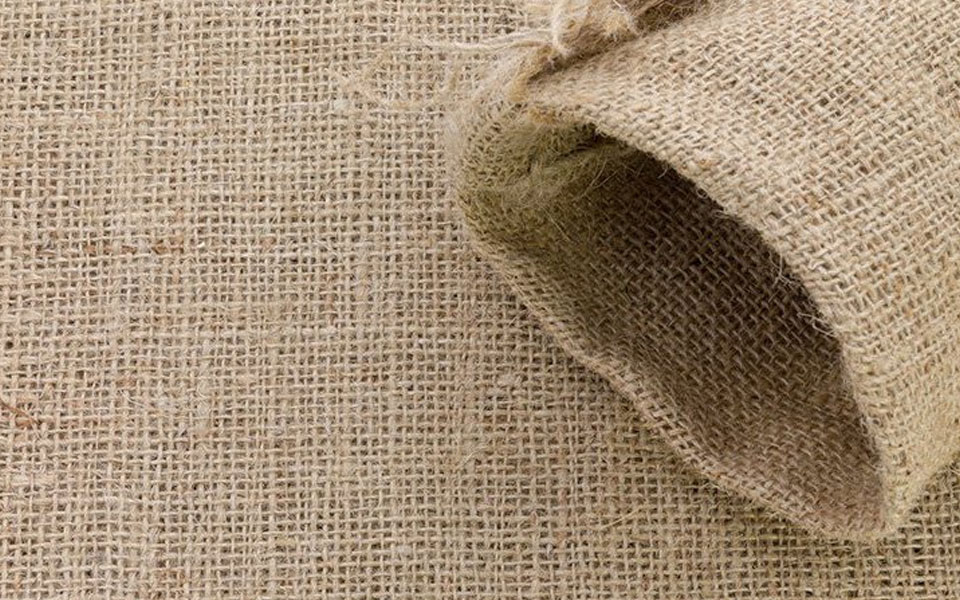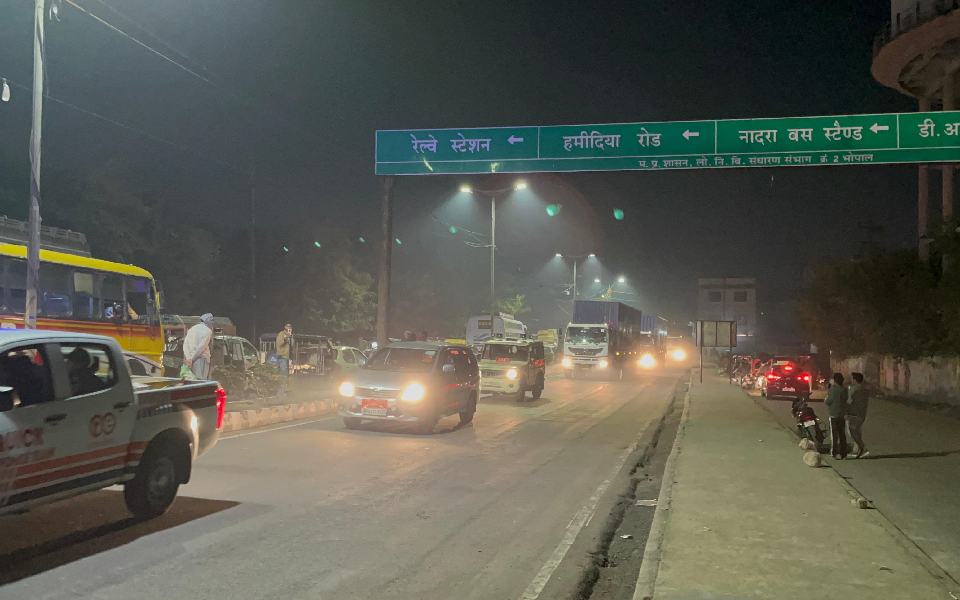Kolkata, June 23 : The Standing Advisory Committee (SAC) has recommended that 100 per cent of foodgrain produced should be packaged in jute for the current year, allowing a dilution of up to 10 per cent at a time and 30 per cent in the year, if jute mills fail to supply the bags within the permissible 30 days, an official said on Saturday.
In its 26th meeting, the committee, which recommends jute packaging norms to the government, also suggested 20 per cent of sugar productions should be reserved for packing in jute bags.
Considering that jute is a biodegradable and eco-friendly fibre, the jute industry requires "sustenance till it diversifies and captures the domestic and global market on its own steam," the committee noted.
"In the recent SAC meeting, it recommended that 100 per cent of the foodgrains produced should be reserved for packing in jute. On receiving the entire requirement from procurement agencies for packaging of foodgrains in jute bags, if jute mills fail to supply bags within the permissible 30 days, the Department of Food and Public Distribution may allow dilution of packaging material upto 10 per cent at a time and upto 30 per cent in the whole year with the approval of Ministry of Textiles, the official said referring minutes of the meeting.
The SAC also recommended if the procurement agencies do not place indents as per the supply plan prepared by the Department of Food Public Distribution and if bunching of demand (indents) takes place, the procuring agency will not be entitled for dilution.
"The jute mills will get reasonable additional time for the supply of additional jute bags. However, if the mill fails to supply the bags in the extended period the provision of dilution will apply," the official said.
Nearly 3.7 lakhs workers and 40 lakhs farmers are dependent on the jute sector for their livelihood and based on the last four years' trends, as well as the targeted requirement to pack the quantity of food grains to be procured under the Food Procurement Programmea the demand is likely to be in the range of 28-30 lakhs bales during 2018-19, the official said.
The industry had demonstrated its capacity of producing 2.5 lakh bales of sacking per month for packing food grains.
Further, in terms of the projections of the Jute Advisory Board, 72 lakhs bales of raw jute are likely to be produced during the Jute Year (July-June) 2018-19.
Let the Truth be known. If you read VB and like VB, please be a VB Supporter and Help us deliver the Truth to one and all.
Bhopal, Jan 1: Forty years after the Bhopal gas tragedy, the shifting of some 377 tons of hazardous waste began from the defunct Union Carbide factory on Wednesday night for its disposal, an official said.
The toxic waste is being shifted in 12 sealed container trucks to the Pithampur industrial area in Dhar district, 250 km away from Bhopal.
"12 container trucks carrying the waste set off on a non-stop journey around 9 pm. A green corridor has been created for the vehicles which are expected to reach Pithampur industrial area in Dhar district in seven hours," said Bhopal Gas Tragedy Relief and Rehabilitation Department Director Swatantra Kumar Singh.
He said around 100 people worked in 30-minute shifts since Sunday to pack and load the waste in trucks.
"They underwent health check-ups and were given rest every 30 minutes," he added.
Highly toxic methyl isocyanate (MIC) gas leaked from the Union Carbide pesticide factory on the intervening night of December 2-3, 1984, killing at least 5,479 people and leaving thousands with serious and long-lasting health issues. It is considered to be among the worst industrial disasters in the world.
The Madhya Pradesh High Court on December 3 rebuked authorities for not clearing the Union Carbide site in Bhopal despite directions from even the Supreme Court and set a four-week deadline to shift the waste, observing that even 40 years after the gas tragedy, authorities were in a "state of inertia".
The high court bench had warned the government of contempt proceedings if its directive was not followed.
"If everything is found to be fine, the waste will be incinerated within three months. Otherwise, it might take up to nine months," Singh told PTI on Wednesday morning.
Initially, some of the waste will be burnt at the waste disposal unit in Pithampur and the residue (ash) will be examined to find whether any harmful elements are left, Singh said.
The smoke from the incinerator will pass through special four-layer filters so that the surrounding air is not polluted, he added.
Once it is confirmed that no traces of toxic elements are left, the ash will be covered by a two-layer membrane and buried to ensure it does not come in contact with soil and water in any way.
A team of experts under the supervision of officials of the Central Pollution Control Board and State Pollution Control Board will carry out the process, Singh said.
Some local activists have claimed that 10 tons of Union Carbide waste was incinerated on a trial basis in Pithampur in 2015, after which the soil, underground water and water sources in surrounding villages became polluted.
But Singh rejected the claim, stating that the decision to dispose of the waste at Pithampur was taken only after the report of the 2015 test and all the objections were examined.
There would be no reason to worry, he said.
A large number of people had on Sunday taken out a protest march in Pithampur to oppose the disposal of Union Carbide waste in the city which has a population of about 1.75 lakh.
12 trucks carrying 337 tonnes of toxic waste from the Union Carbide factory in Bhopal, stored for 40 years, left at 9:05 p.m. for Pithampur near Indore. The waste is expected to arrive early on January 2nd, following a 250-km green corridor with heavy security.
— The Hindu (@the_hindu) January 1, 2025
📹@MehulMalpani pic.twitter.com/zU78cVRE85





